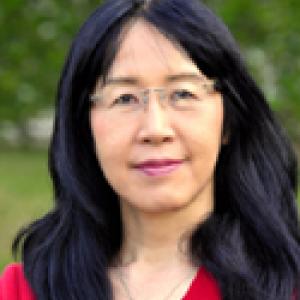Student Diversity and Science Education Research in a Global Context: Research Agenda and the Role of NARST
As human migration patterns around the world have made student diversity a global phenomenon, science education for student diversity has become synonymous with science education for all. This presentation consists of four parts. The presentation will start with a brief description of changing demographics among K-12 students and achievement gaps by demographic subgroups in science education within the U.S. and internationally. Then, major theoretical frameworks guiding the research on diversity and equity in science education, along with key findings and insights for effective classroom practices, will be presented. Next, the National Research Council (2011) document, “A Framework for K-12 science education,” that is guiding the development of Next Generation Science Standards will be discussed with a focus on both challenges and opportunities for diverse student groups. Finally, the presentation will conclude with thoughts about research agenda and the role that NARST can play to promote science achievement of all students within the U.S. and internationally.
Bio:
Okhee Lee is a professor in the Steinhardt School of Culture, Education, and Human Development at New York University. Her research areas include science education, language and culture, and teacher education. Her current research involves the scale-up of a teacher professional development intervention to promote science learning and language development of English language learners. She is a 2009 Fellow of the American Educational Research Association (AERA) and received the Distinguished Career Award from the AERA Scholars of Color in Education in 2003. She was awarded a 1993-95 National Academy of Education Spencer Post-doctoral Fellowship. She has directed research and teacher enhancement projects funded by the National Science Foundation, U.S. Department of Education, Spencer Foundation, and other sources.

